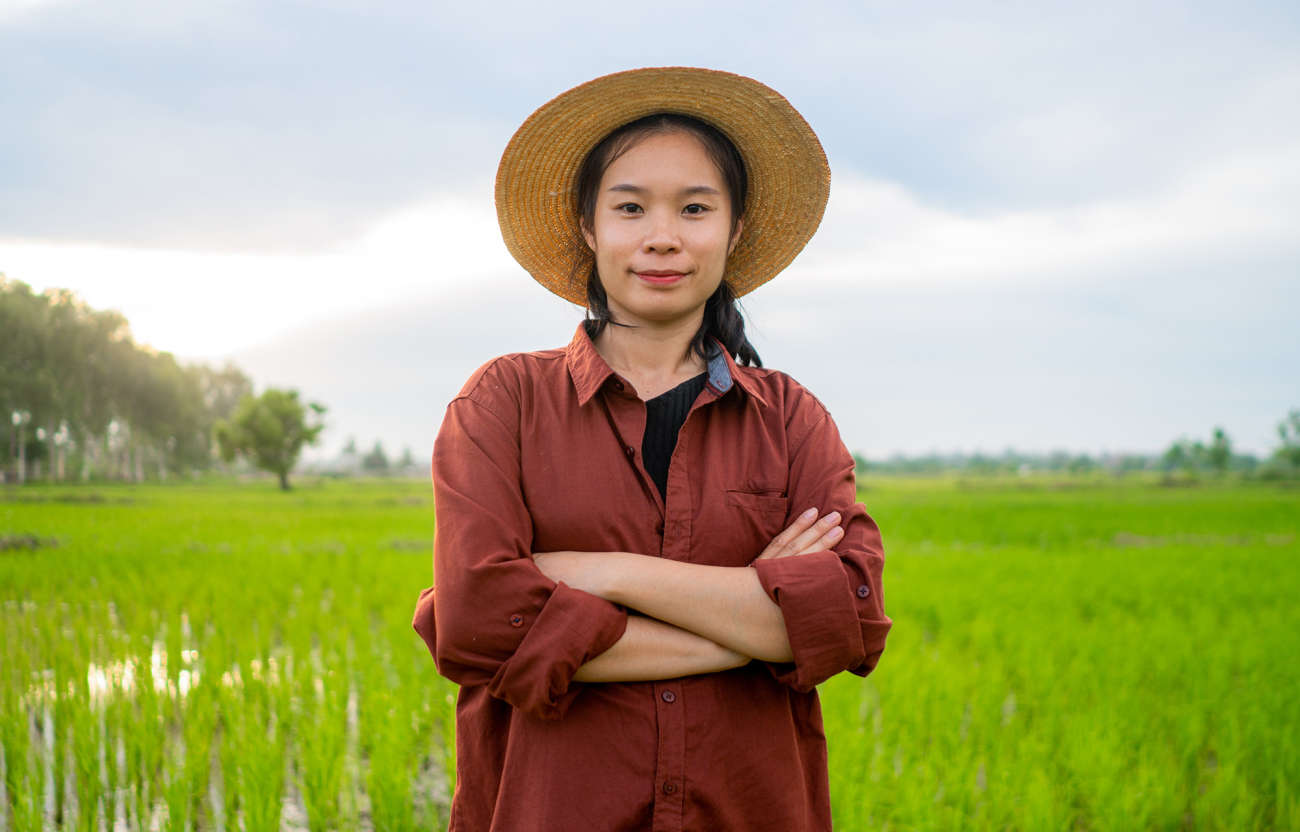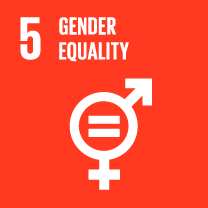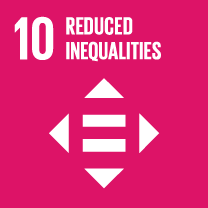The findings
The data clearly demonstrate how gender-related barriers to access the grievance mechanism can vary by nationality and culture. For immigrant Burmese female workers, it initially looked like engagement was higher for male immigrant Burmese workers but it transpired that female mobile phone ownership was low. Once phone ownership increased and targeted female-led training was implemented, female workers’ engagement significantly increased. On the other hand, Cambodian immigrant female employees generally seemed to prefer communicating with a fellow female to report issues, regardless of the channel - social media, phone app, hotline. This was particularly prominent if it was their first experience of reporting labour concerns.
Female workers are now clear about the options available to them and are empowered to decide which channels they would feel most comfortable in using.
The major difficulties and barriers women report with their employer's grievance mechanism are:
- Not receiving clear information about the supplier's own process for handling complaints and conducting investigations.
- Lack of trust that their information will be kept confidential resulting in discrimination and/or intimidation, including threats of reprisals for raising issues.
- Concern that those actions and investigations will be unfair and will not lead to meaningful change.
To address these challenges, the first step was to understand the nature of the barriers and then design communication channels that would keep workers at the centre of the process and have clear commitments to remedy, not merely collecting information for due diligence purposes. Ultimately, the grievance mechanism is built on trust; this is constructed through community and onsite engagement, as well as offering tools that are fit for purpose.
This initiative's learnings and experiences have shown that the ability to gain trust and have a positive impact on workers, especially female ones, requires not only an environment where they feel comfortable sharing their issues but also being responsive to those grievances. It has also demonstrated the importance of providing empowering options to move forward and helping to maintain safeguards against reprisals throughout the process.
This project is in line with the aim of ALDI's Gender Equality Action Plan to share relevant lessons learned and to enable and support others in strengthening gender equality in supply chains.
ALDI is incorporating these learnings in our activities to strengthen workers' rights and safeguard gender equality in supply chains and plans to continue working with the Issara Institute to provide access to the grievance mechanism and remediation actions in ALDI's supply chains across Southeast Asia.



